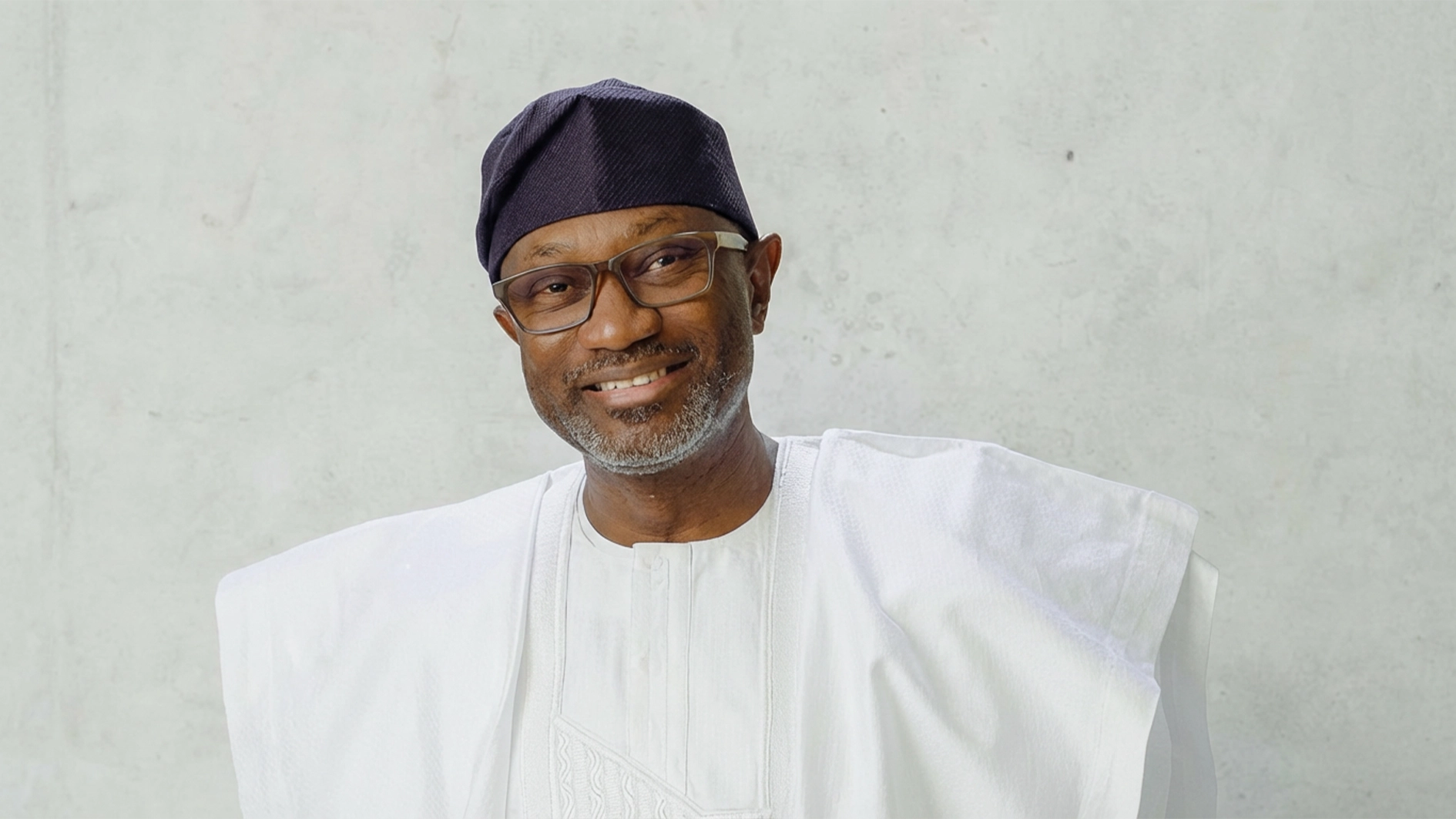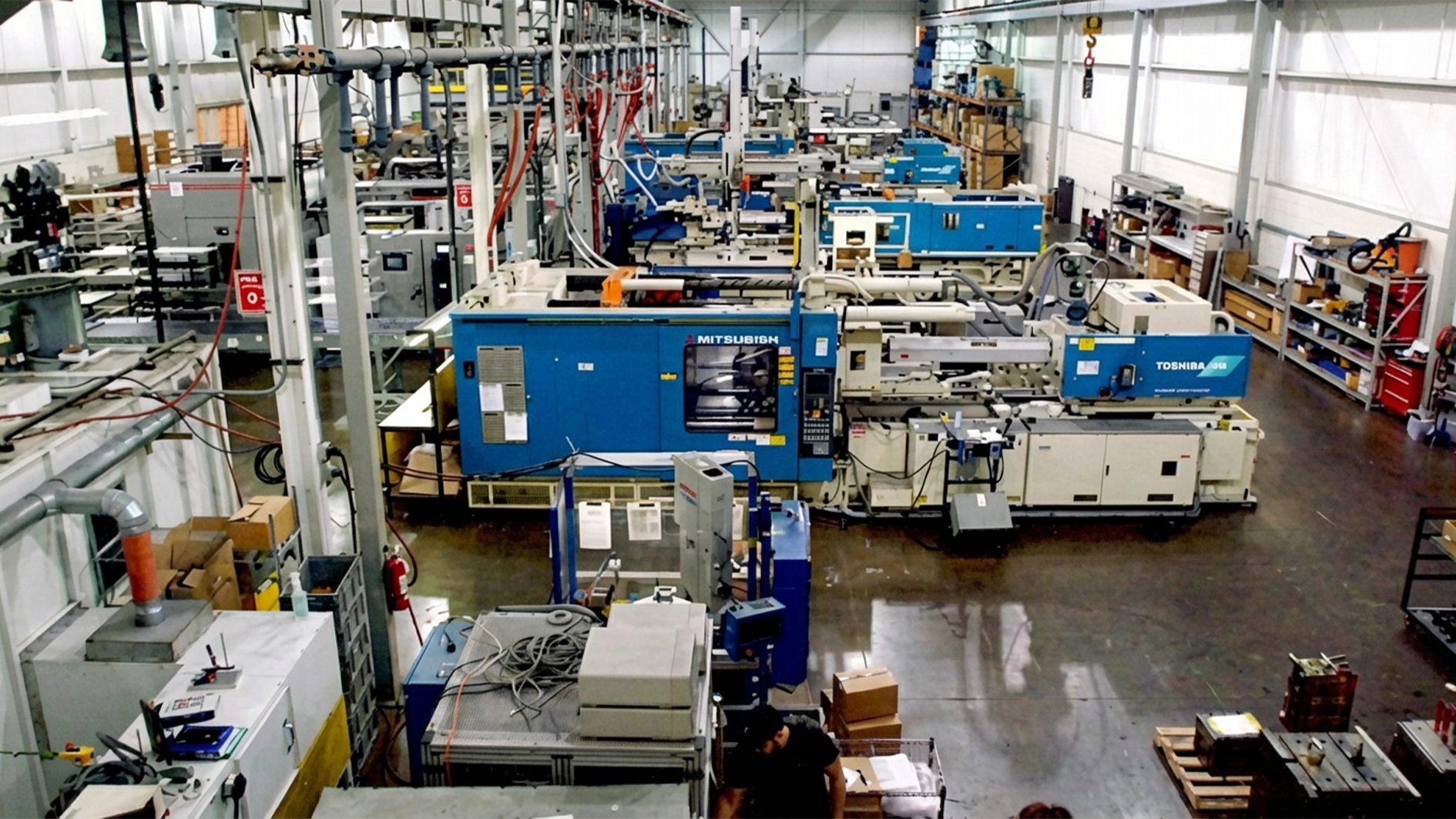The Nigerian stock market has remained on a sustained downward trajectory for three consecutive weeks following Donald Trump’s threat, with the impact now stretching into one of the worst sell-offs in recent years.
Data from the exchange showed that investors have lost more than N6 trillion as heightened uncertainty continues to drive widespread risk aversion.
The market is experiencing steep declines in many blue-chip stocks, reflecting a widespread pullback from equities and underscoring how unsettled investors have become in the face of mounting geopolitical and economic uncertainty.
Market capitalisation declined from N97.828 trillion at the close of trading on October 31, 2025, being the eve of the day Donald Trump threatened Nigeria in a post on the Truth Social page, to N91.414 trillion, representing N6.4 trillion.
Similarly, the All-Share Index, which tracks the overall performance of quoted companies, declined by. 10,403.84 points or 6.8 per cent, moving from 154,126.46 to 143,722.62.
A look at the share price movement of some listed firms showed that GTCO’s stock eased from N85.50 kobo at the close of trading on Friday, October 31, 2025, to N84.50 by last Friday. NEM Insurance also retreated, dropping from N28 to N26.
PZ Cussons saw its share price slide from N41.50 kobo to N39.60 kobo, while Nigerian Breweries declined from N70 to N68.50 kobo. Zenith Bank’s share price fell from N61.55 kobo to N59.75 kobo, while United Bank for Africa (UBA) recorded a drop in share price from N39.50 kobo to N36.90 kobo.
Market operators say a growing sense of uncertainty is keeping investors on the sidelines as they closely watch possible reactions from the United States following Nigeria’s recent inclusion on a geopolitical risk list.
An independent investor, Amaechi Egbo, said anxiety in the investment community has intensified because the underlying factors that prompted the blacklisting appear to be worsening.
He said this deterioration, he explained, has deepened concerns about how the U.S. might respond in the coming weeks and what such a response could mean for Nigeria’s economic and diplomatic standing.
Egbo noted that investors are increasingly cautious, adopting a wait-and-see approach rather than committing fresh capital to the market.
Many worry that any negative policy stance from Washington could trigger wider repercussions, including capital flow disruptions, reduced access to in
These fears have been amplified by the perception that Nigeria has not moved decisively to address the issues highlighted by the U.S., leaving room for further punitive measures or stricter scrutiny.
The mood, according to Egbo, is one of vigilance, adding that market players are monitoring signals from both governments, aware that any escalation, whether in rhetoric, regulatory action, or diplomatic engagement, could influence market direction and investor sentiment.
He pointed out that this environment of heightened uncertainty has created a tense backdrop for economic activity, with portfolio managers, institutional investors, and foreign participants opting for caution until clearer guidance emerges.
Egbo emphasised that resolving the concerns raised by the U.S. and restoring investor confidence will require transparent communication, proactive diplomatic engagement, and meaningful policy steps to tackle the underlying issues.
He added that the market is likely to continue experiencing muted participation driven more by apprehension than by opportunity.
Market sentiment turned distinctly negative as only 19 stocks advanced in price while 60 declined. The atmosphere of caution was evident across all activity indicators, where trading momentum receded noticeably.
Deals slipped by nearly a fifth, while trade volumes plunged sharply, and the total transaction value also moved significantly lower. By the end of last week, turnover had moderated to 2.64 billion units valued at N106 billion executed across 107,622 trades.
The steady pullback in participation highlighted investors’ reluctance to take on additional risk amid rising uncertainties and weakening sentiment.
The bearish narrative extended across virtually all major sectors, underscoring the breadth of the retreat. The industrial goods sector recorded the deepest losses, sinking by 4.50 per cent as major counters such as Enamelware and Dangote cement experienced pronounced selloffs.
The Insurance sector fared even worse in relative terms, slipping by 7.05 per cent after sustained downward pressure on VeritasKap AIICO, Living Trust and NEM dragged the index lower.
The banking sector also struggled, shedding 3.85 per cent. Losses in key names like Accesscorp and UBA outweighed bouts of mild bargain-hunting that surfaced intermittently within the space.
The consumer goods sector mirrored the wider market’s weakness, falling 3.50 per cent as declines in MCNICHOLS and Honeywell Flourmills added to the sector’s challenges. The Oil and Gas index continued the downward trend with a 1.88 per cent drop driven by negative sentiment surrounding Japaul Gold and Oando.






